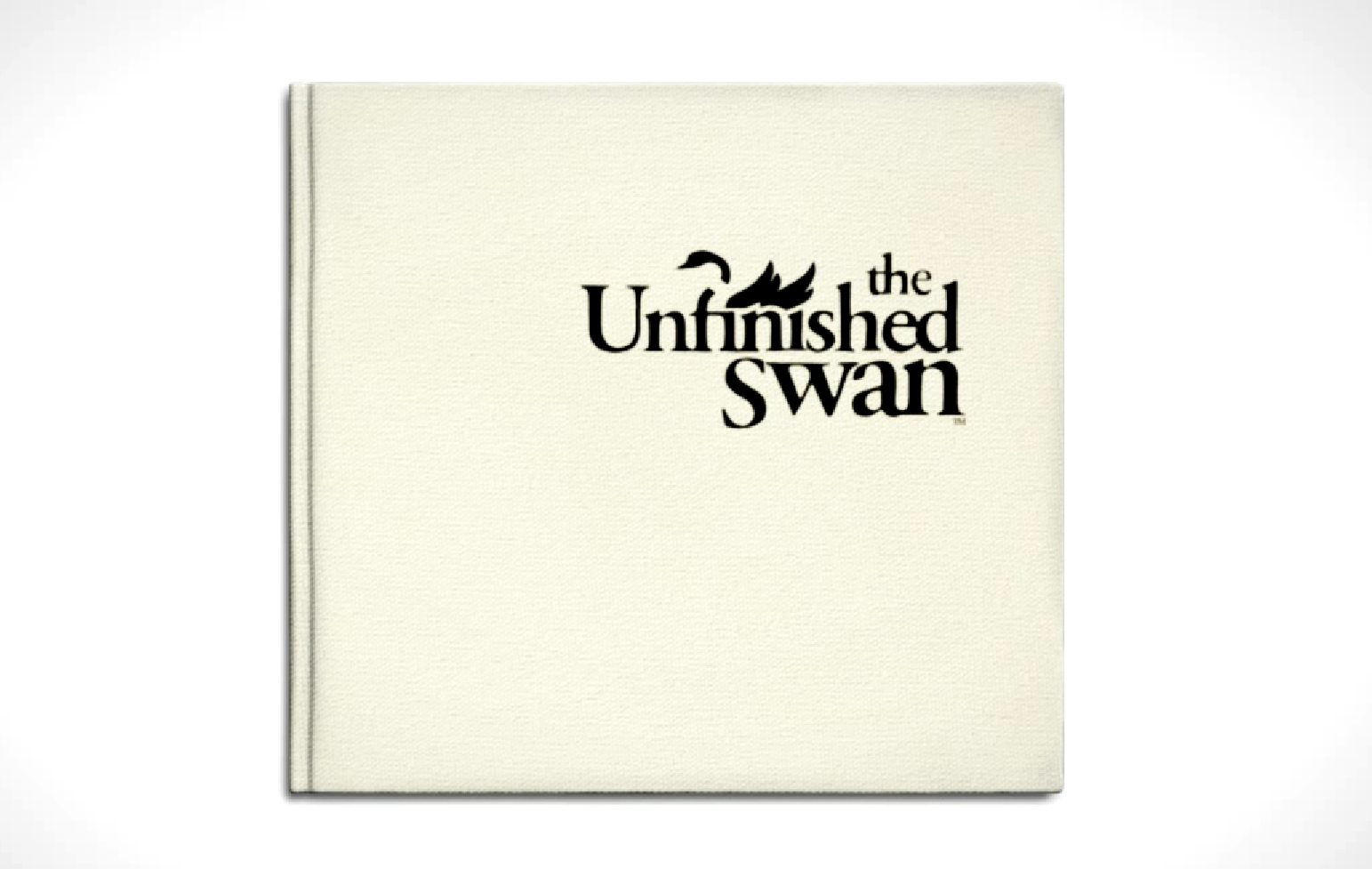

What sets this game apart though is the sheer creativity of the puzzle design. The game is divided into sections of levels dedicated to specific first-person puzzle types and gimmicks that slowly ask you to master each one before moving on. The structure of The Unfinished Swan is very conventional. On this chase, Monroe finds himself in a magical land that was created by a king with the power to paint things into existence, and Monroe must use the power of paint himself to solve a variety of puzzles and catch up with the swan. In The Unfinished Swan, you play as a boy named Monroe who is on a surreal quest to catch a swan that escaped from a painting that his late mother started but never completed. It makes for an intriguing experience that you don't want to put down, even when playing a somewhat flawed mobile port.

Beyond the stark, visual way you give shape to the world by tossing black ink around plain white rooms, the game also constantly vacillates between an ethos of experimental boundary-pushing and fairy tale familiarity. Still, these are mild disappointments in what is otherwise a thoughtful and satisfying interactive experience.The Unfinished Swan is a strange game of contrasts in more ways than one. And later, when you switch paint for water to grow vines along walls, you'll likely find that climbing these vines and going around corners and over ledges can be a bit frustrating. Splattering paint to find your way through a white space is fun and interesting, but splash too much and you'll find yourself in a mostly black world that's just as difficult to navigate. The only problem is you'll have to put up with a few hitches to get there. Discussing the game's final levels here would ruin the sense of discovery and satisfaction that comes with it, but suffice to say that it is at once revelatory, smart, and uplifting.

This indie game has a few rough edges, but its message about the dangers of hubris and life lived in discontent - cleverly delivered via a dreaming boy coming to grips with his mother's death - leaves an impression that lasts long after the closing credits.


 0 kommentar(er)
0 kommentar(er)
